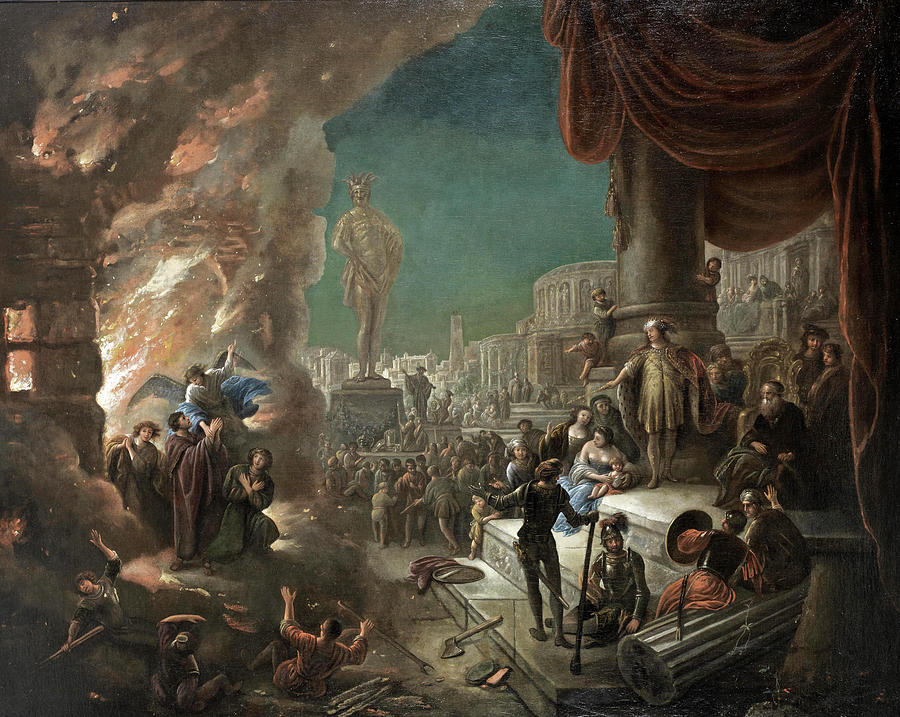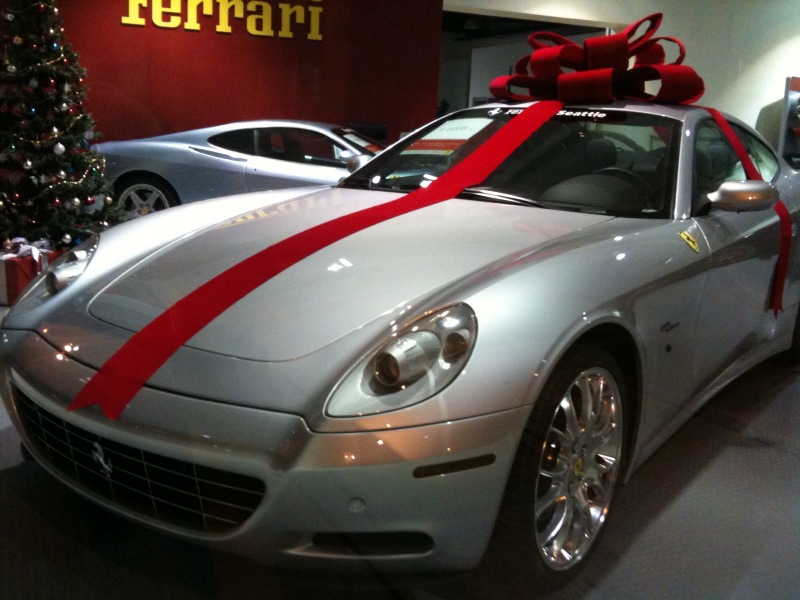On July 20, 1969, fifty years ago this past summer, Neil Armstrong and Buzz Aldrin landed the Apollo Lunar Module “The Eagle” on the moon. Today we recall with nostalgia and awe the courage and heroism of Armstrong’s and Aldrin’s accomplishment. They were space cowboys; they were the cosmic Lewis and Clark. But for a moment, imagine how isolated and lonely their experience must have been. They were, more than virtually any two people had been or have been in the history of humanity, alone. The two men were sixty miles below Michael Collins and the lunar orbiter, which was their only way home. And they were 238,900 miles from the blue-green marble of earth. They had no way of knowing whether the Eagle’s rocket boosters would successfully escape the lunar surface and return them to the orbiter. Everything around them was desolate. Nothing lived. All was dark. Can you imagine the claustrophobia? Can you imagine the creeping, persistent impulse to panic? Can you imagine feeling so alone? How would you react? How would you respond?

Before stepping out of the Eagle and onto the moon’s surface for the first time, Buzz Aldrin did something remarkable.[i] He radioed back to NASA these words, “I would like to request a few moments of silence…and to invite each person listening in, wherever and whomever they may be, to pause for a moment and contemplate the events of the past few hours, and to give thanks in his or her own way.”
No one on earth except for Deke Slayton at Mission Control knew what Aldrin did next. High above us and three days away, on the cold and barren moon, Buzz Aldrin unpacked a small chalice, a wafer of bread, and a vial of wine that had been blessed in advance by his home church in Houston, and he administered Communion to himself. In his book Magnificent Desolation, Aldrin says, “In the one-sixth gravity of the moon the wine curled slowly and gracefully up the side of the cup. It was interesting to think that the very first liquid ever poured on the moon, and the first food eaten there, were communion elements.”
Why would he do such a thing? In the most isolated place humanity has ever dared to go, on the dark and desolate surface of the moon, Aldrin needed the assurance that he and Neil Armstrong were not, after all, alone. Aldrin needed to know that even there, on that crater-ravaged and brutal place, God was with them.
That is, after all is said and done, what tonight is all about: The Incarnation. It comes from the same root as carnivorous and carnal. It has to do with the body and embodiedness. Tonight, as the babe is born in the dark, dusty, and dangerous stable, it means that God is born into our embodied world, that God is with us.
Since the dawn of humanity until our present day, people have wanted God to be for them. In war, in politics, to prop up our beliefs both petty and grand, we all want God to be for us. We want God to be on our side. But the whole sweep and trajectory of Holy Scripture is about God’s insistence, and the people of God’s slow learning, that God is not for us, but with us. And that is infinitely more important.
When the Israelites escape Pharaoh only to find themselves lost and alone in a bleak wilderness, God appears with them as a pillar of cloud by day and a pillar of fire by night.[ii]
When the king of Babylon stokes the furnace, binds Shadrach, Meshach, and Abednego, and throws them into the fire, the king’s advisor looks into the furnace and says, in wonder, “I see four men there, unbound, walking in the middle of the fire, and they are not hurt. The fourth has the appearance of God!”[iii]

When the shepherds are out in the fields at night, gripping their staffs and straining their eyes in the darkness to fend off wolves from the flock, the heavens open and the angel of the Lord appears and sings, “Do not be afraid; for see—I am bringing you good news of great joy for all people: for unto you is born this day in the city of David a Savior, who is Christ the Lord.”[iv]
Again and again in Scripture—again and again in life, from the earth to the moon—at the moments when we are the most isolated, the most lonely, and the most afraid, God appears and says, “Do not fear, for I am with you.”
Indeed, the greatest human dilemma is not mortality but isolation, and salvation itself is not ultimately about where we go when we die, but with whom we travel while we live. It is not about escaping the darkness, or the wilderness, or the fire; it is the saving grace of knowing that when we encounter any of these God encounters them with us. It is about, as that most unexpected of messengers Buzz Aldrin understood, communion with God.
Tomorrow we will read from the prologue to John’s Gospel, where we are told that, from the very beginning, “the Word was with God and was God…[and that] all things came into being through him.”[v] In other words, even if there had been no Fall—even if Adam and Eve had never eaten of the proverbial fruit and redemption wasn’t necessary—there would still have been an Incarnation. Christ would still have been born. The Incarnation, Sam Wells says, is the very reason for creation, and in all of scripture the word “with” is the most important word. “God with us” is the very heart of the Gospel.[vi]

On this holy night, the Incarnation reaches its fullest expression, as the God through whom all things were made enters flesh and is born among us. In his life he will himself experience darkness, and wilderness, and fire, and on the cross he will encounter the only isolation and loneliness in human history that exceeds the barren surface of the moon. All so that we never need fear, that we are never alone, that we know God travels with us.
I don’t know what darkness you bring with you this evening. I don’t know the wilderness through which you travel or the fire that you face. But I do know that this night—this very hour—Christ is born; that in a few moments we will, like Buzz Aldrin two hundred thousand miles away, take Christ into ourselves; that the Incarnate God is with you, from the beginning, on this holy night, and always. For that, thanks be to God. Merry Christmas.
___________________________________
[i] https://www.theguardian.com/commentisfree/belief/2012/sep/13/buzz-aldrin-communion-moon
[ii] Exodus 13:21
[iii] Daniel 3:25
[iv] Luke 2:10-11
[v] John 1:1-3
[vi] Author’s lecture notes from a presentation by the Rev. Dr. Sam Wells at Trinity Episcopal Church, Houston, Texas September 17, 2016.


